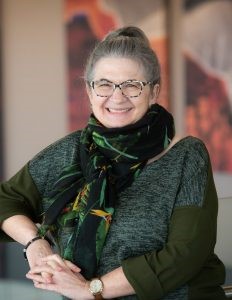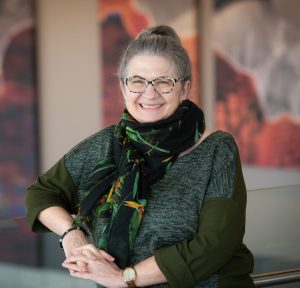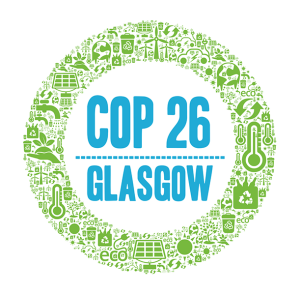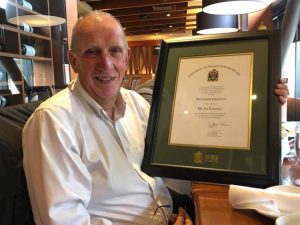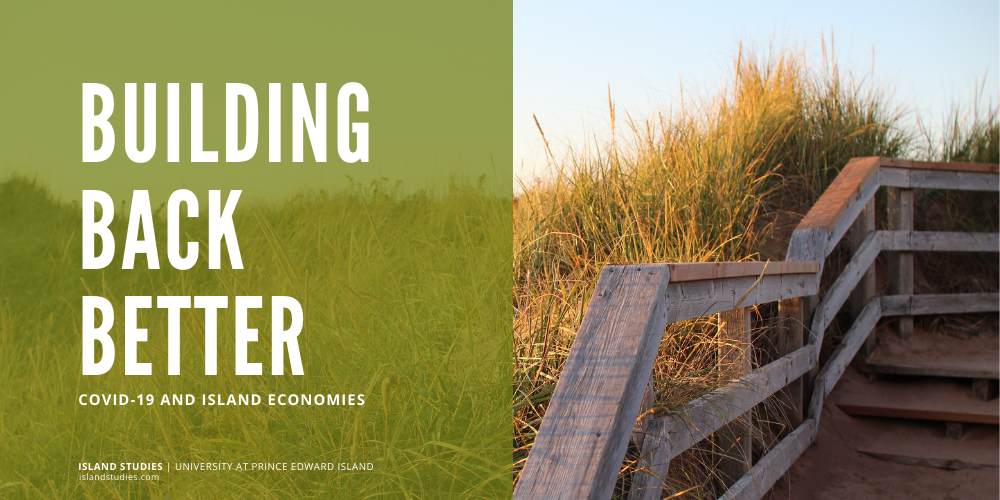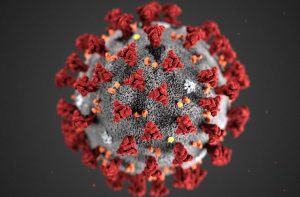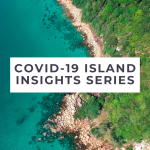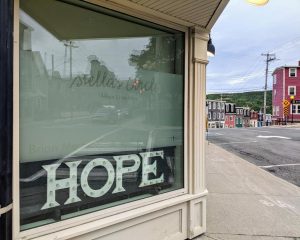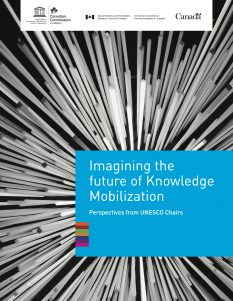Charlottetown, Prince Edward Island (May 4, 2021) —
The Master of Arts in Island Studies (MAIS) program at the University of Prince Edward Island is pleased to announce the recipients of the Future Prosperity Scholarships. The winners for 2020 are Greg Ellison, Eliza MacLauchlan, and Alyssa Gillespie. They join Joyce Ferguson and Sarah Davison who received the awards in 2019.
The Future Prosperity Scholarships are generously funded by Dr. Regis and Mrs. Joan Duffy and the Province of Prince Edward Island’s Department of Economic Growth, Tourism and Culture. The awards were created two years ago to support students whose thesis research focuses on a topic related to the future prosperity of Prince Edward Island, ranging from entrepreneurship and tourism to renewable energy and migration.
“Congratulations to all the recipients of the Future Prosperity Scholarships,” said Minister of Economic Growth, Tourism and Culture Matthew MacKay. “Thank you for your dedication and extensive research in exploring how we can make Prince Edward Island a better place for generations to come.”
“These are exceptional researchers and scholars helping us better understand the unique challenges and opportunities of life on islands,” said Dr. Katherine Gottschall-Pass, interim vice-president academic and research at UPEI. “The Future Prosperity Scholarships are crucial to ensuring these students are able explore this knowledge, which will have far-reaching impacts on Island life and policy.”
More about the winners
Greg Ellison is interested in climate change and reducing carbon emissions in both island and non-island societies. His research will focus on the factors, particularly “islandness,” that can facilitate energy democracy and enable smoother transitions towards renewable energy systems. Through examining island societies in the North Atlantic region, Ellison is hoping to uncover factors that can lead to increased social acceptance of renewable energy expansion, with the goal of bringing these lessons back to Prince Edward Island.
Alyssa Gillespie is undertaking research on the issue of youth retention and migration in rural Prince Edward Island communities, focusing on systemic issues and the individual experiences of those who make the decision to leave. By examining factors that keep youth in their island communities and what communities and youth identify as the “pull factors” to attract new people, Gillespie hopes to provide meaningful opportunities for youth to stay within their communities and to attract new people.
Eliza MacLauchlan is looking at the experience of tenants on small islands, such as the process of gentrification and displacement, and the impact this has on tenants. Through a comparative study with islands that are similar to Prince Edward Island, she will aim to understand the experience of tenants and look at the larger implications for housing policy on Prince Edward Island and other small islands.
Sarah Davison is a rural Island resident and an entrepreneur who is interested in the stories and visual representations of entrepreneurs who work in PEI’s tourism industry, specifically within arts and culture. Her research explores how photographic images represent off-season tourism and how these might influence our local understandings of self and place. The study is relevant to the ongoing discussions of social entrepreneurship, seasonality, and concepts of “islandness” on PEI and other small islands.
Joyce Ferguson’s research interests revolve around the relationship between energy policy and community in an island setting. Ferguson has chosen to focus her thesis on the wind farm expansion controversy in eastern Kings County. Her work will highlight community acceptance/resistance to large-scale renewable energy initiatives.
Successful applicants for these awards receive up to $25,000 over two years.
There are currently 47 students registered in the Master of Arts in Island Studies program: 27 in the thesis stream and 20 in the three course/work-study streams (Island Tourism, Sustainable Island Communities, and International Relations and Island Public Policy). While many of the students come from Prince Edward Island, others are from Halifax, Ontario, the USA, England, the Bahamas, Hong Kong, Taiwan, Sweden, Vietnam, Nigeria, Ghana, Turkey, and China.
For more information on the Master of Arts Island Studies program, or to apply for the next round of Future Prosperity Scholarships, contact Dr. Laurie Brinklow at brinklow@upei.ca.
Media contact:
Bren Simmers Island Studies Press
902-566-0386
ispstaff@upei.ca


